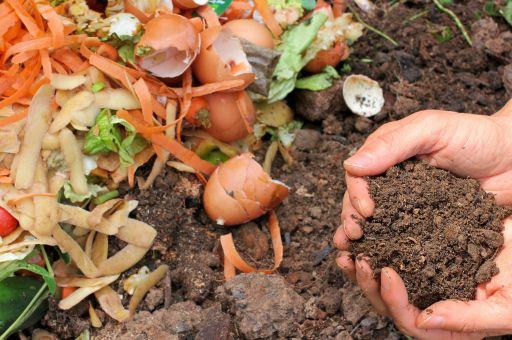The year 2024 marked a turning point in Spain’s fight against food waste: more than 51 million kilos or litres of food and beverages were saved from the trash, representing a 4.4% reduction compared to 2023. In total, waste fell to 1.125 billion kilos or litres, consolidating a nearly 20% decrease since 2020.
The Minister of Agriculture, Fisheries and Food, Luis Planas, highlighted that this progress reflects a structural shift supported by the new Food Loss and Waste Prevention Law, passed in 2025. “It’s a national strategy that benefits everyone: it fights waste, empowers consumers and businesses, and brings us closer to a more responsible and sustainable consumption model,” he stated.
TDB keeps you informed. Follow us on: Facebook, Twitter and Instagram
Less Food in the Trash: Households Lead the Change
The ministry’s annual report shows that households remain the main source of food waste, accounting for 97.5% of the total (1.097 billion kilos or litres). However, they also led the improvement: in 2024, households threw away 48.9 million kilos or litres less than the previous year and 19.5% less than in 2020, reaching the lowest figure since records began.
Food Waste in Spain Drops by 4.4% in 2024, Reaching Its Lowest Level Since 2016
By category, 77.6% of household waste comes from unused food (mainly fruits and vegetables), while 22.4% comes from prepared meals, with salads and vegetable or legume dishes topping the list.
Record Low Outside the Home
Food waste in hospitality and dining out also hit a record low: only 28 million kilos or litres were discarded in 2024, an 8.8% decrease compared to 2023, representing just 2.5% of total waste nationwide.
A Law with a Future Vision
The “Nothing Gets Thrown Away” campaign and the new anti-waste law have driven initiatives such as enabling companies to safely donate surplus food, promoting reusable packaging in hospitality, and educating consumers on the difference between “best before” and “use by” dates.
According to Planas, every saved food item “represents the effort of farmers, ranchers, transporters, and distributors.” However, he acknowledged that challenges remain: cutting waste from salads and vegetable dishes, revaluing ripe fruit, and maintaining the downward trend in both households and food service.
